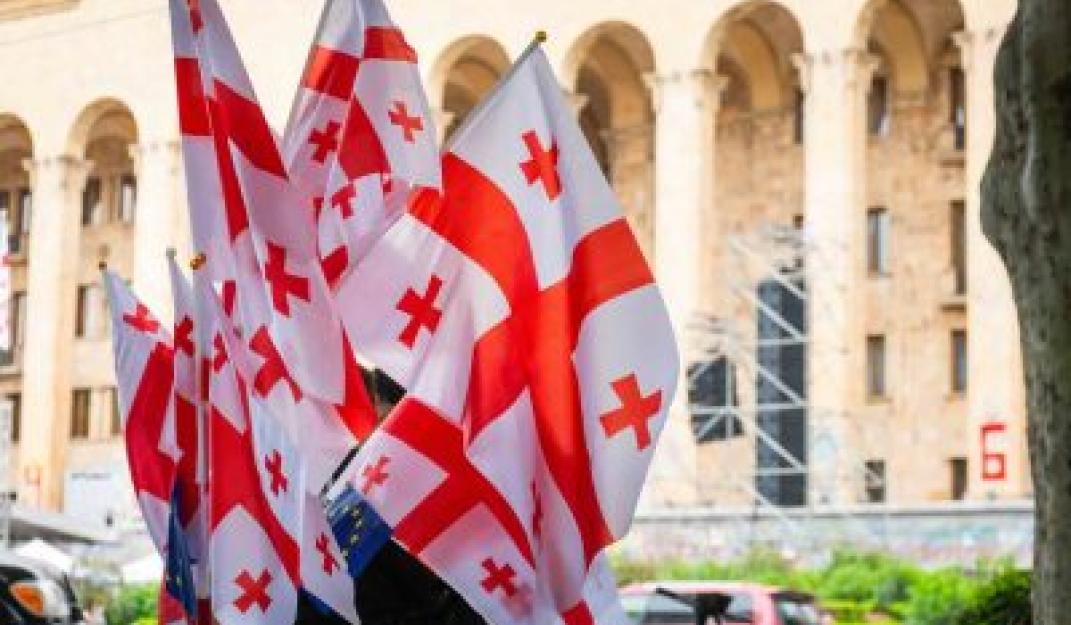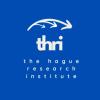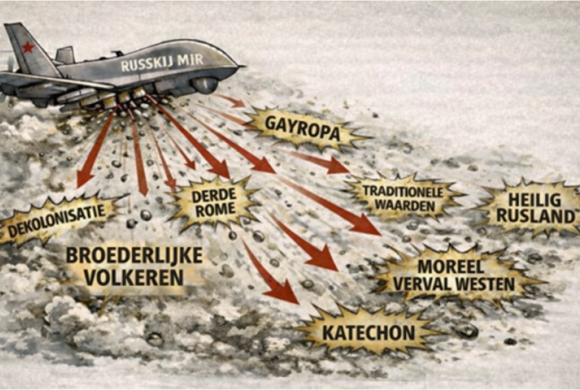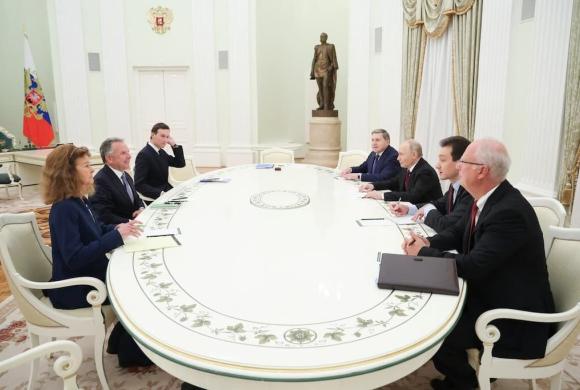Georgia’s Political Drift and Its Impact on the EU-Central Asia Green Energy Connectivity

The European Union’s (EU) growing engagement in Central Asia (CA) is driven by strategic goals: securing Russia-independent transport routes, accessing critical raw materials for the green transition, and strengthening political presence in the face of mounting Russian and Chinese influence. Under its Global Gateway strategy—a values-based alternative to China’s Belt and Road Initiative—the EU advances the Middle Corridor (TITR) as a sustainable and transparent route linking China to Europe via Kazakhstan, the Caspian Sea, Azerbaijan, Georgia, and Turkey, bypassing Russia and Iran. This multimodal corridor helps the countries along its path to diversify economic ties and enhance sovereignty. Alongside transport links, energy connectivity is crucial for deepening political and economic cooperation across the Caspian and Black Seas. It also provides a vital channel for energy flows—including LNG, gas, oil, green electricity, and hydrogen—as well as key minerals essential to Europe’s energy transition.
The South Caucasus, with its energy resources and location between Central Asia and the EU, is key to the energy component of the Middle Corridor. Black Sea connectivity can support exports of fossil fuels but also open the way for a large-scale Green Energy Corridor—carrying electricity, hydrogen, and its derivatives from Central Asia to the EU—helping Europe’s energy security, climate goals, and the Middle Corridor’s strategic value.
However, Georgia’s recent drift in external and internal policy—away from democracy and EU integration toward authoritarian rule and increased Russian influence raises the question of whether the EU, Central Asia, and the Caucasus can still forge the cooperation needed to make the Green Energy Corridor a realistic prospect. Below, we examine the implications of Georgia’s policy shift and its potential impact on these critical initiatives.

The Hague Research Institute
The Hague Research Institute is an independent non-profit think-tank. Our goal is to provide both local and international audiences with clear policy analysis, opinion articles, and research about Europe’s connections with the South Caucasus and Central Asia.


